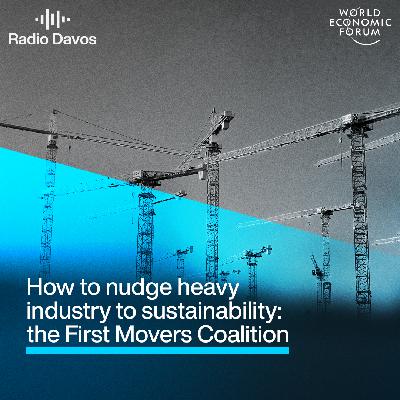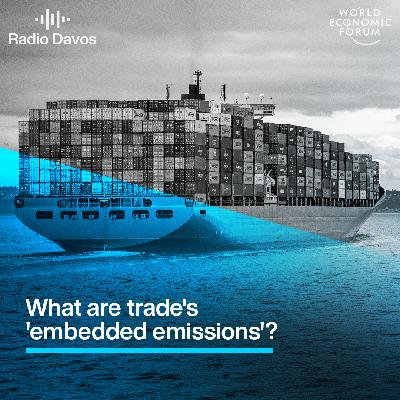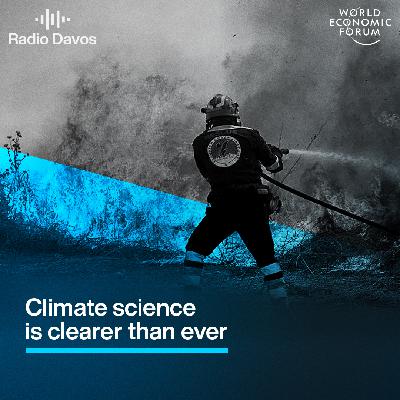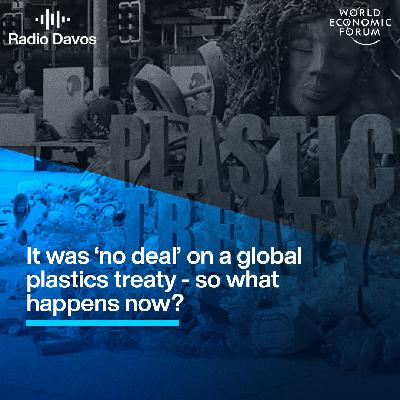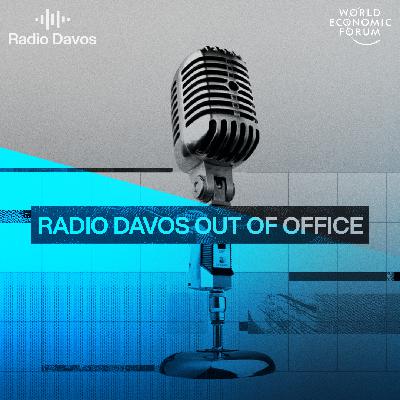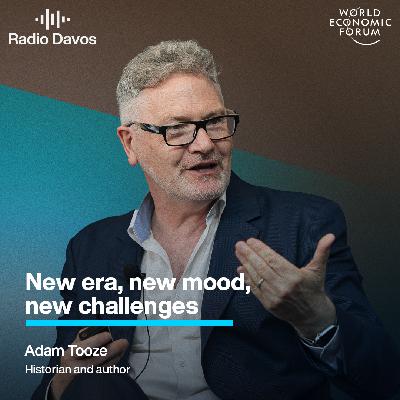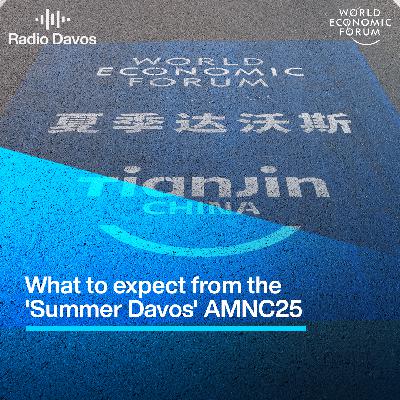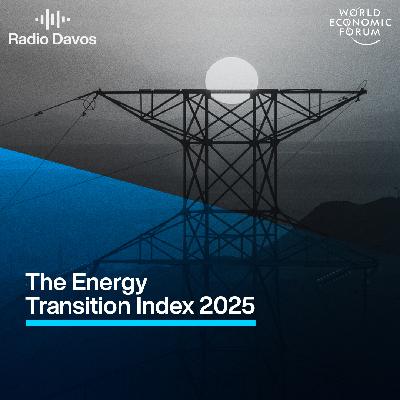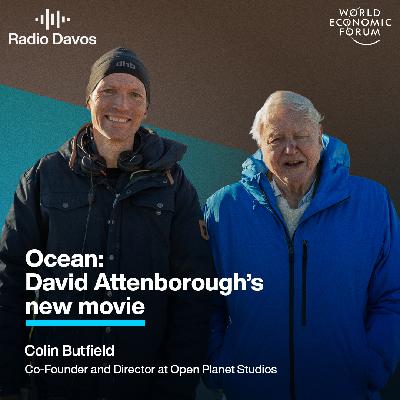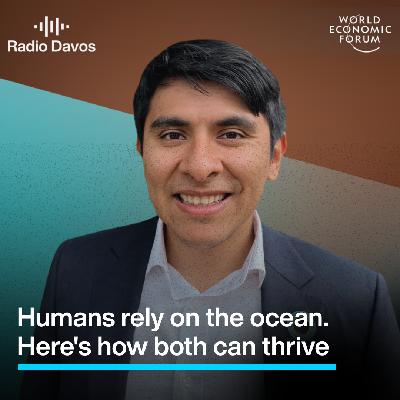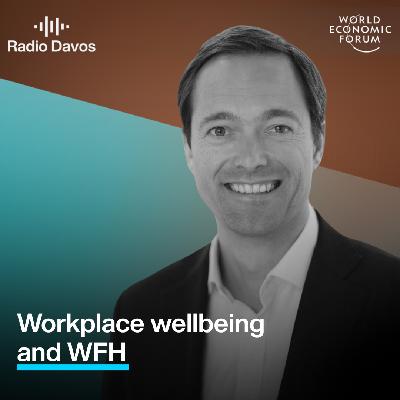How the 'Wild Wet West' was won: why the UN High Seas Treaty is big news
Description
Up to now, the vast majority of the world’s ocean was not governed by a global treaty that would protect this vital part of the planet from pollution or over-exploitation - meaning the high seas were something of a Wild West.
But that is all changing. After years of negotiations, member states of the United Nations have agreed the High Seas Treaty, ensuring the protection and sustainable use of marine biodiversity of areas beyond national jurisdictions.
Almost two-thirds of the planet’s surface is ocean and the seas make up 95% of the Earth’s total habitat by volume. But, only 1% of the high seas has, up until now, been under any protection protocol and just 39% of the ocean falls under the national jurisdiction of individual countries.
Kristian Teleki, Director of Ocean Action Agenda and Friends of Ocean Action at the World Economic Forum tells us what is in the treaty and why it’s such a big deal for the planet.
Find out more:
Further listening:
Subscribe on any platform: https://pod.link/1504682164
Join the World Economic Forum Podcast Club
Get all our podcasts at wef.ch/podcasts.


